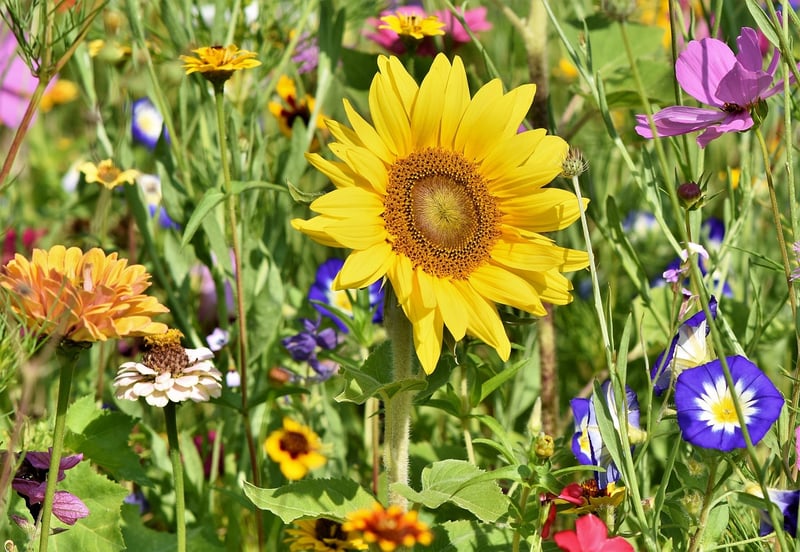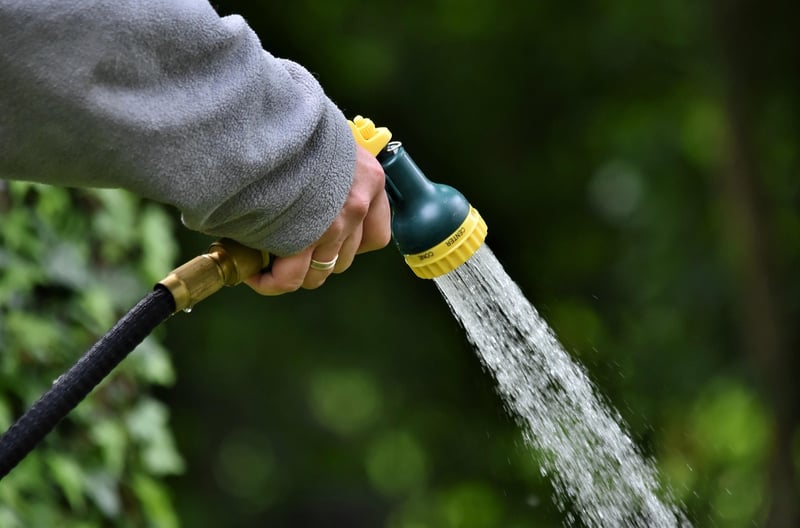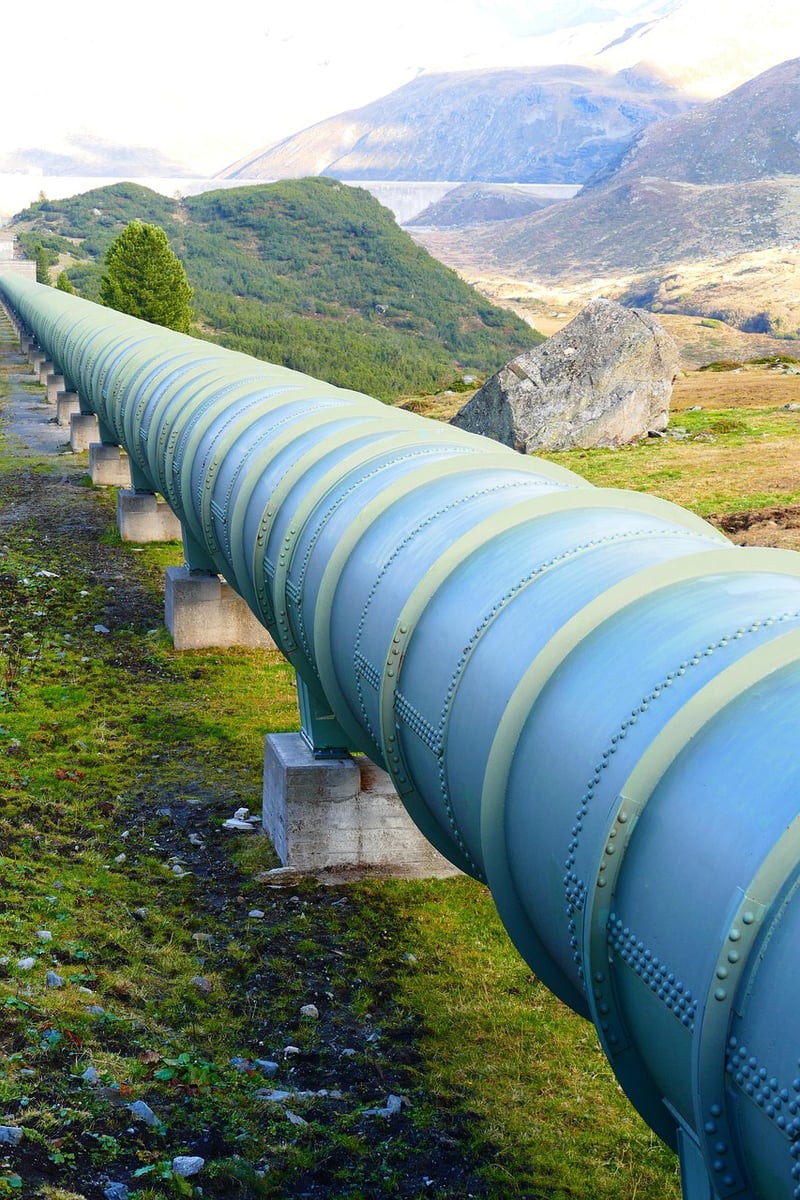Watering Guide
The Essential Guide to Gardening: Watering Tips for a Lush Garden
Are you looking to create a vibrant and healthy garden but unsure about the right watering techniques? Proper watering is essential for the health and growth of your plants. This guide will provide you with expert advice on watering your garden effectively to ensure lush and thriving plants.
1. Understand Your Plants' Watering Needs
Not all plants have the same watering requirements. Some plants prefer moist soil, while others thrive in drier conditions. Research the specific needs of each plant in your garden to avoid overwatering or underwatering.
2. Water in the Morning
It's best to water your garden in the early morning to allow the plants to absorb the moisture before the heat of the day evaporates it. Watering in the evening can lead to prolonged moisture on the leaves, increasing the risk of fungal diseases.
3. Use a Soaker Hose or Drip Irrigation System
Consider using a soaker hose or a drip irrigation system to deliver water directly to the roots of your plants. This method is more efficient than overhead watering and helps prevent water wastage through evaporation or runoff.
4. Water Deeply but Infrequently
Instead of frequent shallow watering, aim to water your garden deeply but less frequently. This encourages the plants to develop deep root systems, making them more resilient to drought conditions.
5. Mulch Your Garden
Applying a layer of mulch around your plants helps retain soil moisture by reducing evaporation. Mulch also suppresses weed growth and improves the overall health of the soil.
6. Monitor Soil Moisture
Use a moisture meter or simply dig a few inches into the soil to check the moisture level. Water your plants only when the soil is dry to the touch. Overwatering can lead to root rot and other issues.
7. Adjust Watering During Different Seasons
Be mindful of seasonal changes and adjust your watering schedule accordingly. Plants need more water during hot summer months and less during the cooler seasons. Observe your garden regularly to determine when it needs watering.
8. Consider Rainwater Harvesting
Collecting rainwater in a barrel or container is an eco-friendly way to water your garden. Rainwater is free of chemicals and better for your plants than tap water.
Conclusion
By following these watering tips and guidelines, you can ensure that your garden remains healthy, vibrant, and full of life. Remember to observe your plants regularly, adjust your watering practices as needed, and enjoy the beauty of a well-maintained garden.
For more gardening tips and inspiration, check out our gardening website.


